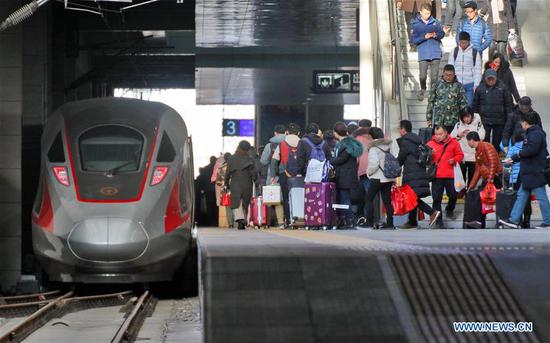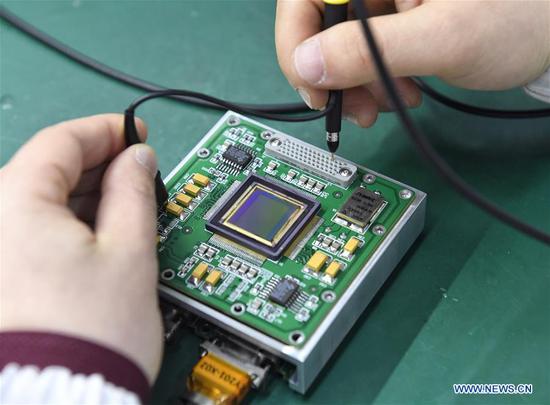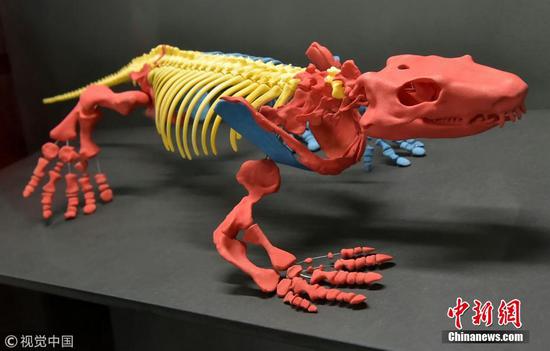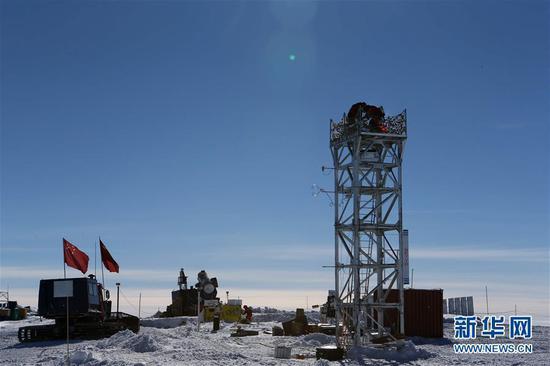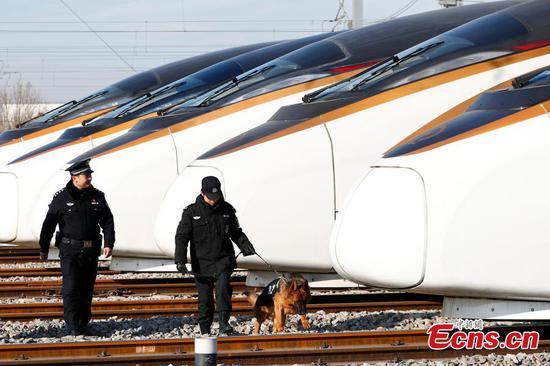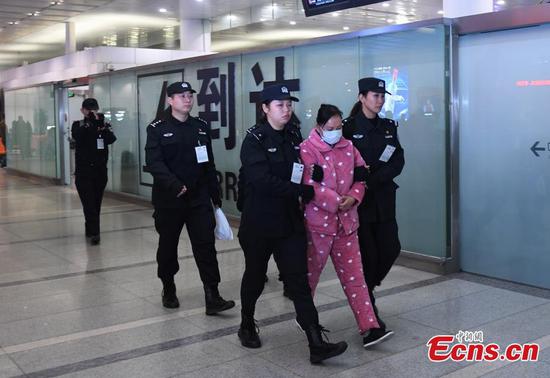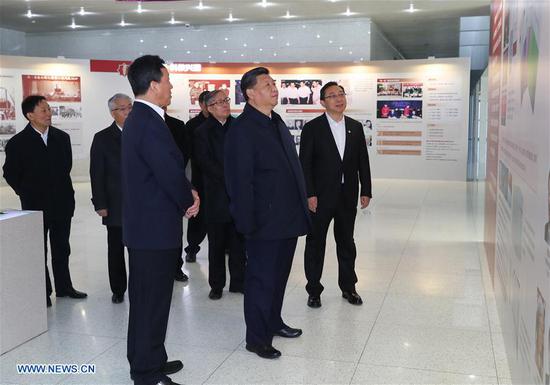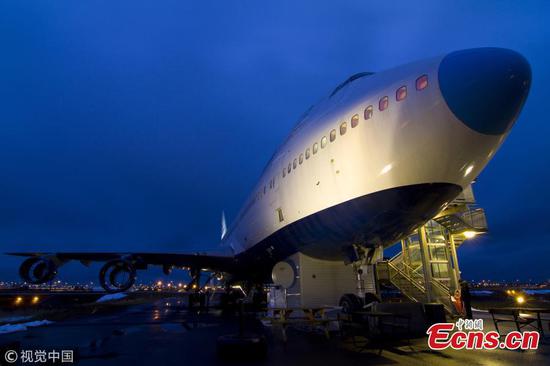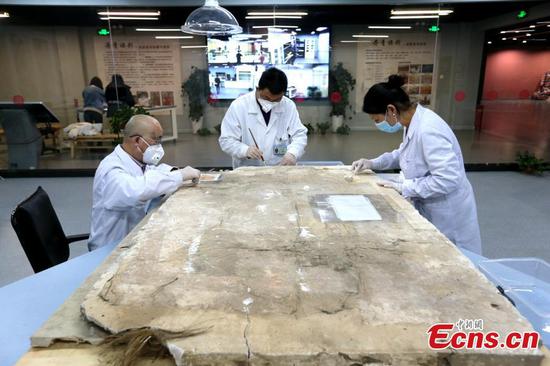Experts say return of investors in new year augurs well for A-share market
China's continuing reform and opening-up will revitalize the A-share market and improve liquidity in it this year, insiders said.
More stocks are hitting the 10-percent daily upper limit, trade volumes as well as turnover are rising, suggesting that the market may be fast regaining its vitality this year, after last year's meltdown, they said.
Foreign capital inflows are up this month. As of Friday, the daily average of net inflows through Northbound stock connects-that is, investments by Hong Kong-based funds in Shanghai and Shenzhen-reached 2.63 billion yuan ($388 million), up 177 percent over December's average of 950 million yuan, data from Bloomberg showed.
Investor sentiment has also brightened. The benchmark Shanghai Composite Index rose 4.09 percent to 2596.01 points from the first trading day of the year on Jan 2 to Friday, shaking off the 25-percent meltdown in 2018.
Zhang Xia, chief strategy analyst at Shenzhen-based China Merchants Securities or CMS, said the uptrend may be "self-reinforcing", as a market that promises returns on investment "will attract more investors".
Agreed Hong Rong, founder of investor education platform Hongda Education and an MBA tutor at the Shanghai Advanced Institute of Finance. "Easing of regulatory intervention in stock trading has led to more speculative investments which have helped improve liquidity."
In the past, regulators tended to halt trading if a stock hit the daily upper limit on several trading days in a row. But such excessive caution has eased a bit of late, partly thanks to reform and opening-up, Hong said.
Capital market reforms are aimed to help the market play a more significant role in resource allocation, experts said.
Fang Xinghai, deputy head of the China Securities Regulatory Commission, said on Jan 12 that "the lack of vitality has gradually become a major problem of the capital market… We are going to take further measures to boost trading."
"Fang's remark signaled more reforms which feature less administrative controls and intensified crackdown on illegal market behaviors," said Dong Dengxin, director of the Finance and Securities Institute at the Wuhan University of Science and Technology.
"By reducing administrative controls, investors' willingness to trade more could be strengthened," Dong said.
To protect vulnerable, ignorant retail investors from reckless speculators in the market, regulators used to rely on tools like trading halts and daily limits. Yet, such investors would incur huge losses in the past, raising questions over market efficiency and dimming the market's allure.
But reforms recognize that speculation, unless it is illegal, cannot be completely removed from stock markets, so the goal should be to foster more mature investors, Dong said.
He further said the science and technology innovation board, a new equity financing platform expected to be launched in the first half of this year, will be a pilot program where "all the ambitions of capital market reforms will come true".
Once launched, the board will probably attract both domestic and foreign investors, and new funds, to the A-share market, he said. "Liquidity in the A-share market will see big improvement this year."
Zhang from CMS is also optimistic about liquidity this year. Foreign capital will be a source of significant new funds as A shares will be included in stock indexes of major index providers FTSE and S&P Dow Jones, and probably receive a heavier weighting in MSCI indexes, he said.
Hong said a more favorable policy environment for securities firms would further vitalize the market, as that would help strengthen the firms' ability to match demand (for finance) and supply.
Compared with global counterparts, Chinese securities firms face more regulatory restrictions, including a lower leverage ratio limit and no right to manage clients' security deposits, according to Hong.











